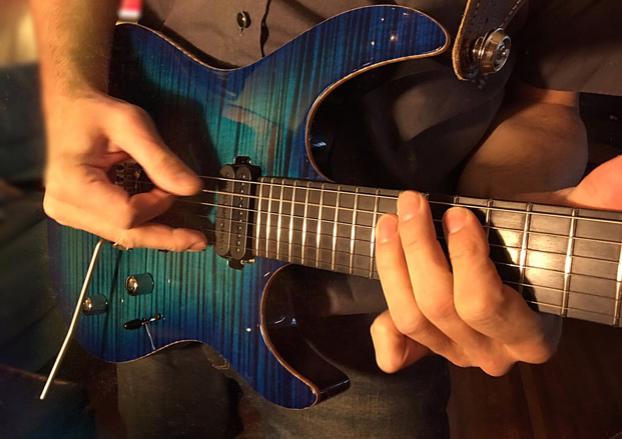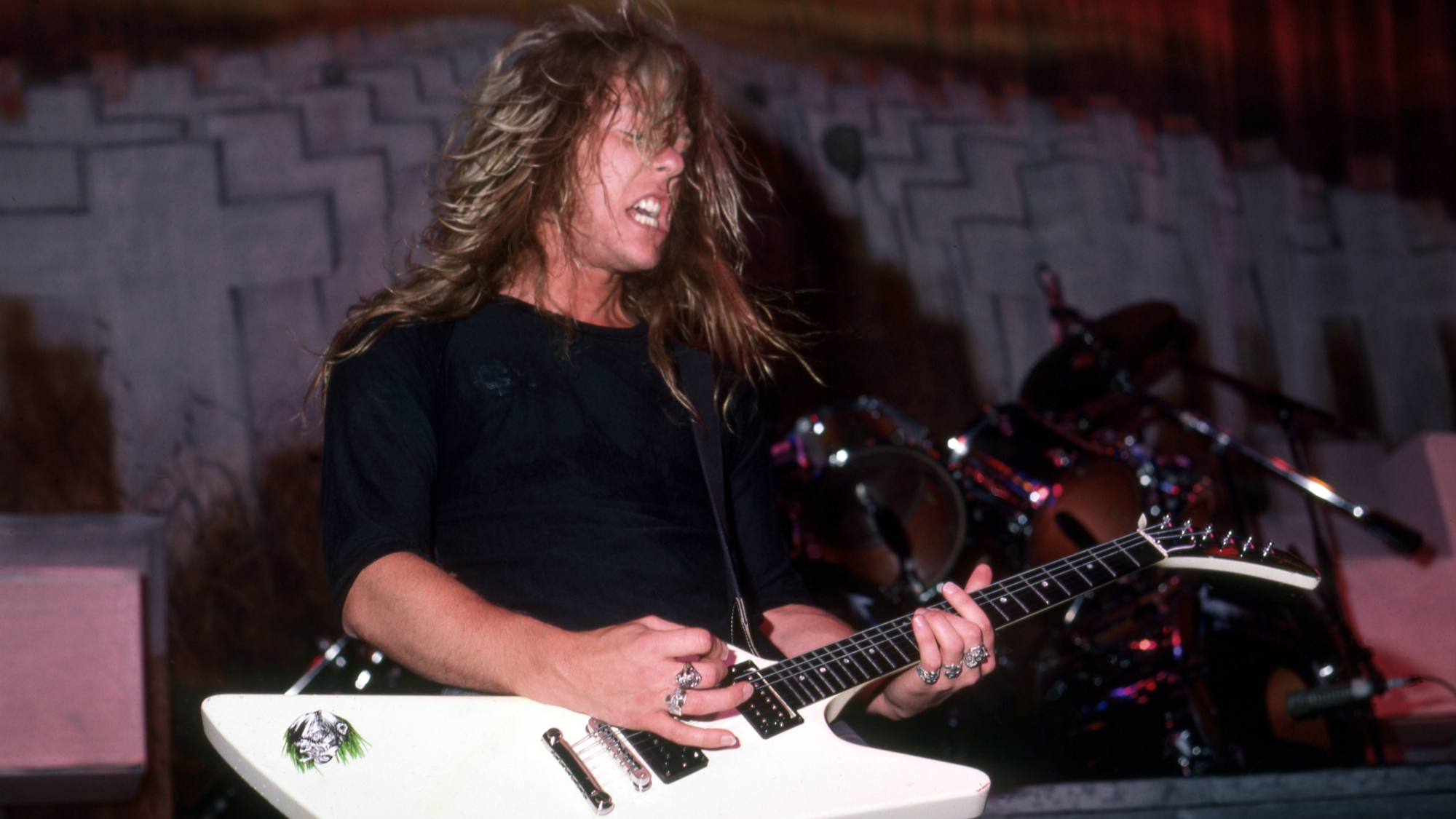Muscle Memory—The Real Trick to Becoming Lightning Fast

When I visited Shaolin, China there was a sign outside one of the Kung Fu schools that read: “I do not fear the man who has practiced a thousand kicks. I fear the man who has practiced one kick a thousand times.”
There are no shortcuts to greatness. The old adage "practice makes perfect" lives on for a reason: the more you do something the better you will get at it.
The human brain is a magnificent thing, arguably superior to all other animals on the planet. One of the reasons for this is our amazing ability to retain information. When we think of memory we tend to think of what we ate for dinner last night.
But there’s another kind of memory that we are using all the time: procedural memory. This is when we have consolidated a specific motor task into our memory through repetition.
When a movement is repeated over and over again, a long-term muscle memory is created for that task. Perform that movement enough and eventually our magnificent brain takes over and allows you to perform it without conscious effort.
Think about it, how much thought do you put into brushing your teeth, or tying your shoes? Or playing an E chord? Do something enough, and your brain thinks “I’ve been here before, I know exactly what to do” and decides to handle the task for you.
In effect, you have put part of your brain on autopilot because your captaining the body isn’t necessary for a task you’ve already mastered in its entirety.
This brings us back to the practitioners of Shaolin Kung Fu. In a fight you need your body to react without conscious effort. If you hesitate to think, “Ok, I’m going to throw a kick... How do I do this again? I spin on the ball of my foot and aim my shin…” you’re probably going to end up with a face full of other guy’s fist.
Playing a blazing fast lead is no different. Ok, there’s less risk of getting punched in the face (unless you’re gigging at that biker bar I used to play in Texas) but if you hesitate, if you have to think about what you’re doing, you’re going to miss.
There’s not a lot of room for error when you’re shredding. You miss a note and you may bungle the entire pattern. Indeed there is a very fine line between shred and slop. The most insane shredders live on that line. But if you want to walk there you will need to make good use of your muscle memory. And that means practice.
In the pantheon of shredding there is no substitute for hard work. But here’s the tricky part, it’s not just practice that makes perfect, it's perfect practice, because if you practice wrong, you will learn it wrong. And then it will be almost impossible to correct because you’ll have already established that pattern in your muscle memory.
So go slow when learning a new pattern and make sure you’ve got it nailed down before upping the tempo. I know, it's tedious practicing one kick a thousand times. But it will be worth it when you’re on stage melting faces with unconscious effort.
It took me weeks of practice to get down the arpeggio sections of the Stone Mob instrumental “Galaxy.” It’s one shape and one corresponding alternate picking motion, which are perfect for creating a muscle memory. But to do so, I had to play it slow thousands of times, then increase the speed slightly and play it thousands of times more.
It took patience not to smash my guitar when after five hours in a row I still couldn’t increase my speed with accuracy. It took diligence playing the same lick all night every night for weeks on end. But now? I play that tasty lick with speed and accuracy all over the fretboard and I can nail it (almost) every time.
And so can you. All you have to do is practice your butt off until you create that muscle memory. Watch Stone Mob’s “Galaxy” and then the accompanying instructional video. Then get to work. Cheers and keep those fingers practicing perfectly!
Get The Pick Newsletter
All the latest guitar news, interviews, lessons, reviews, deals and more, direct to your inbox!
“There are so many sounds to be discovered when you get away from using a pick”: Jared James Nichols shows you how to add “snap, crackle and pop” to your playing with banjo rolls and string snaps
Don't let chord inversions bamboozle you. It's simply the case of shuffling the notes around







![Joe Bonamassa [left] wears a deep blue suit and polka-dotted shirt and plays his green refin Strat; the late Irish blues legend Rory Gallagher [right] screams and inflicts some punishment on his heavily worn number one Stratocaster.](https://cdn.mos.cms.futurecdn.net/cw28h7UBcTVfTLs7p7eiLe.jpg)


